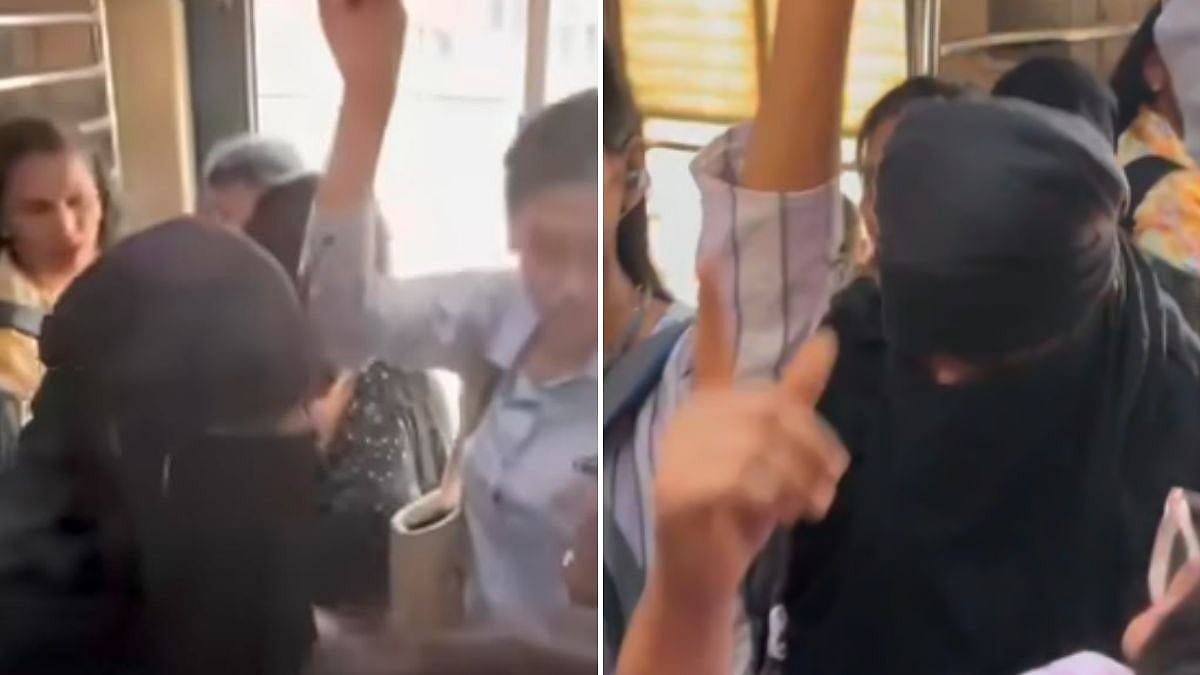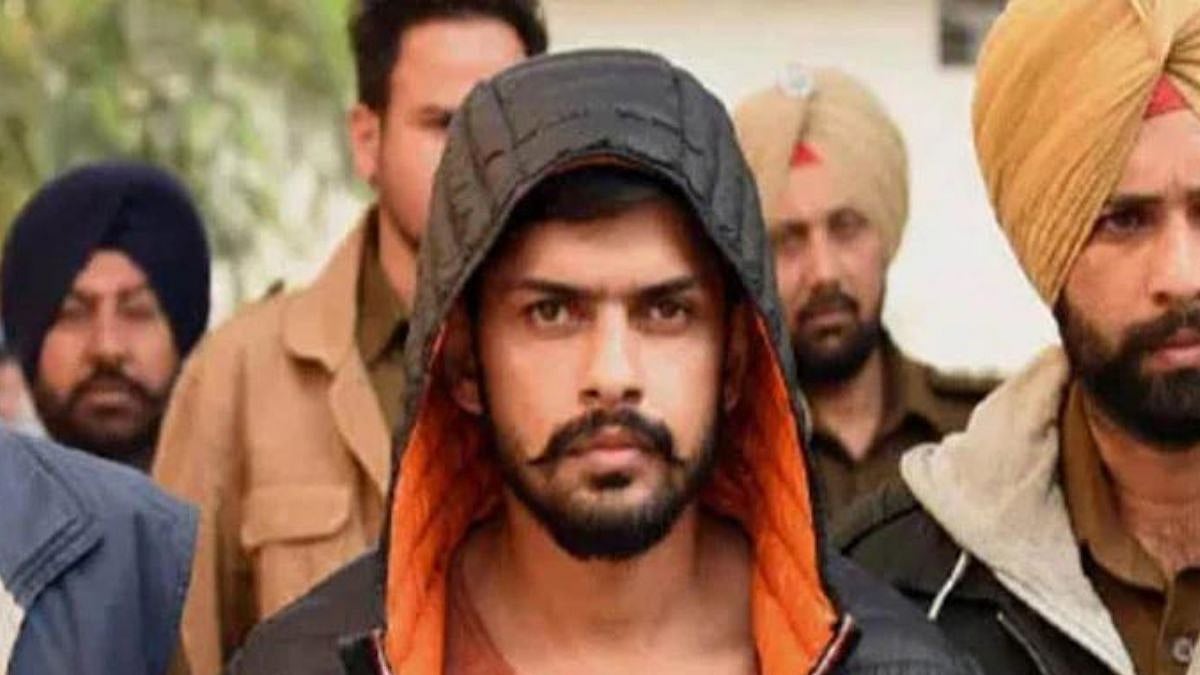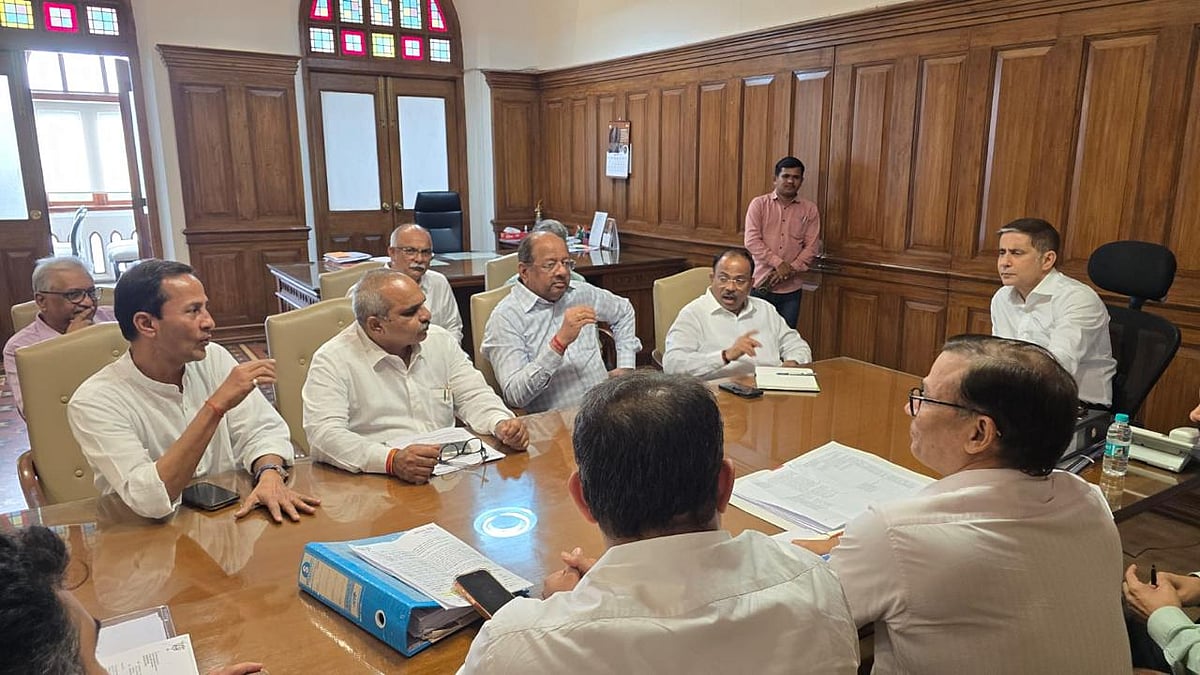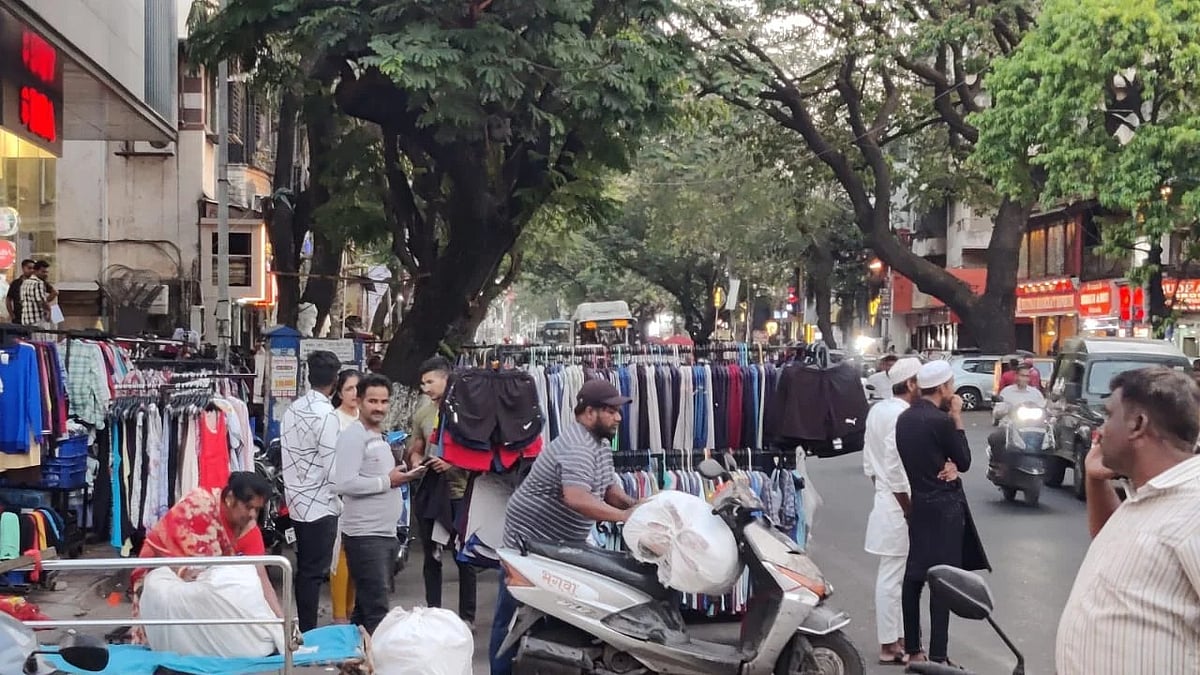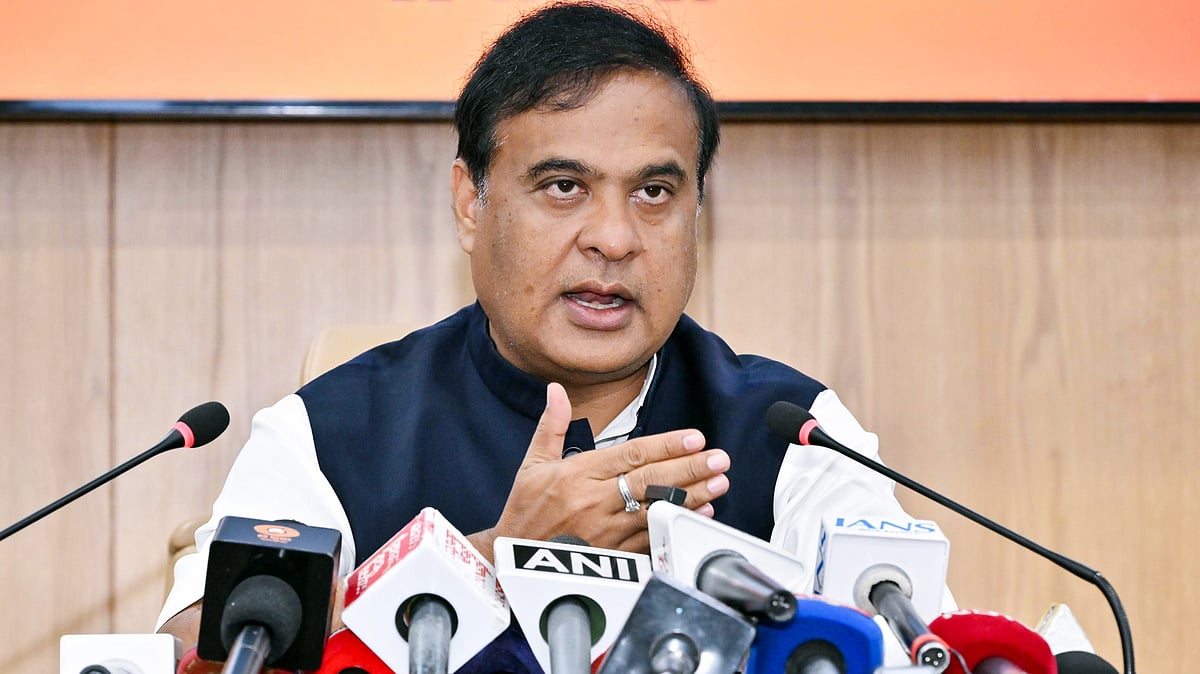'Freedom of speech' has made Arnab Goswami screech to teach those who disagree with him that the nation comes first. Always and every time. We cannot disagree with that. Except that Samuel Johnson, who compiled the English dictionary in the 1780s, once said: “Patriotism is the last refuge of the scoundrel.” Meaning any misbehaviour was tolerated as long as it was committed by those who kept shouting they loved their country. On the other hand, the individual who questioned the behaviour of the country or their government was a traitor, no matter how noble he was. In our time and in our country, too, this may be true.
This is not to suggest Arnab Goswami is a scoundrel. Far from it. He is a patriotic citizen like Supreme Court advocate Prashant Bhushan who takes up matters pro bono for the underprivileged, which may be why the Supreme Court bench led by Justice Arun Mishra proclaimed their magnanimity for the whole world to see when they fined the redoubtable lawyer just a token Re 1 for his tweets against CJI Sharad Arvind Bobde.
The point here is that Bhushan was also exercising his right to free speech like Goswami and Mumbai police chief Parambir Singh, who proclaimed that Republic TV was being probed for Television Rigging Points (TRPs) when in fact, Goswami declaimed on his news hour debate that it was India Today and not his channel which was named in the FIR. Goswami and Bhushan are not on the same page despite both being votaries of free speech.
Undaunted by his recent conviction for contempt, Bhushan has again tweeted that CJI Bobde allegedly accepted favours from the Madhya Pradesh government. A lawyer has sought to initiate fresh contempt proceedings against him over a tweet again criticising CJI Bobde for availing a special chopper provided by the Shivraj-Singh Chouhan-led Madhya Pradesh government for a visit to the Kanha National Park before returning to his home town of Nagpur.
Bhushan tweeted that CJI Bobde did this while an important case of disqualification of defecting MLAs in Madhya Pradesh was "pending before him on which the survival of the Chouhan government depends". Bhushan is a crusader against corruption within the judiciary. In 2011, at a press conference in Varanasi, Bhushan had said the Armed Forces Special Powers Act should be revoked in what was then known as the state of Jammu and Kashmir.
He had added that the government should try to persuade the Kashmiris to unite with India but they should be allowed to separate if they wish to do so. On October 12, 2011, he was attacked by the Bhagat Singh Kranti Sena inside the Supreme Court complex, for these remarks. The assailants accused him of trying to break up India. He was dragged out of his chair and repeatedly kicked and punched.
Now, with the imminent threat of yet another contempt notice, Bhushan seems to be unfazed though he knows very well that free speech in India is curtailed by contempt of court, security of the state, sovereignty and integrity of India, public order and defamation which are just five of the eight restrictions.
Bhushan’s views on Kashmir seem to coincide with those of Arundhati Roy, the celebrated writer and alleged anti-national, according to Goswami. No patriotic Indian, including this writer, can accept the opinion that Kashmir should be allowed to secede because the Indian flag overrides that of Kashmir. It always was and always will remain an integral part of India because free speech can never include proclaiming the right to secede.
This is precisely why in June 1951, the Nehru cabinet curtailed free speech and a free press by ensuring laws made under the heads of “public order”, the “interests of the security of the state” and “relations with foreign states” were valid laws under the first amendment to Article 19 (2) which regulated free speech. Twelve years later, the words sovereignty and integrity of India were included by the sixteenth amendment to Article 19 (2) in 1963. Intellectuals like Bhushan and Roy were in for trouble.
This is why the 1963 amendment made free speech and a free press a rainbow in the sky. Delightful for Nehru to pontificate about but an ideal enjoyed mainly by newspaper barons and presently vociferously proclaimed by Arnab Goswami, who has been demanding that Mumbai Police chief Parambir Singh resign for exercising his right to free speech by naming Republic TV as an accused, when in fact, their rival paid Rs 400 to plant bogus bar-o-meters inside non-English speaking homes. Common sense dictates a police chief should not go public when chargesheets have not been filed.
So, freedom enjoyed by some of these comedians creates pandemonium and makes us lose our equilibrium. The police force has undoubtedly tried to stymie a news channel by using the Police (Incitement to Disaffection) Act, 1922 (PIDA), which only imposes a fine of Rs 200 or punishment which may extend to six months.
The PIDA is similar to the Contempt of Courts Act, 1971, which imposes a maximum punishment of six months' simple imprisonment or a maximum fine of Rs 2,000 or both. The Supreme Court rarely sentences a contemnor to six months' jail unless it is premeditated gross criminal contempt such as that committed by former Madras and Kolkata high court judge C S Karnan, who like Goswami, vociferously exercised his right to free speech while he was a sitting judge.
Unlike Goswami, he accused sitting judges of the Madras high court and Supreme Court of being corrupt and one Madras high court judge of having bought an LLB degree. Goswami has rightly exposed the fact that “encounter specialist” API Sachin Vaze, was suspended in May 2004 for the so-called encounter killing of software engineer Khwaja Yunus, an accused in the 2003 Ghatkopar bomb blasts case. Vaze who allegedly belongs to a political party associated with strong-arm tactics, was allegedly reinstated after 16 years by Goswami’s nemesis, Parambir Singh.
Like Goswami and Bhushan, the Editors Guild of India chose to exercise its right to freedom of speech by exhorting the former to act responsibly and the Mumbai Police not to victimise Republic TV by filing “hundreds” of FIRs against the ebullient channel.
The right to freedom of speech and of the press includes the right to provide viewers with tax-free entertainment.
The writer holds a PhD in law and is a senior journalist-cum-lawyer of the Bombay high court.

